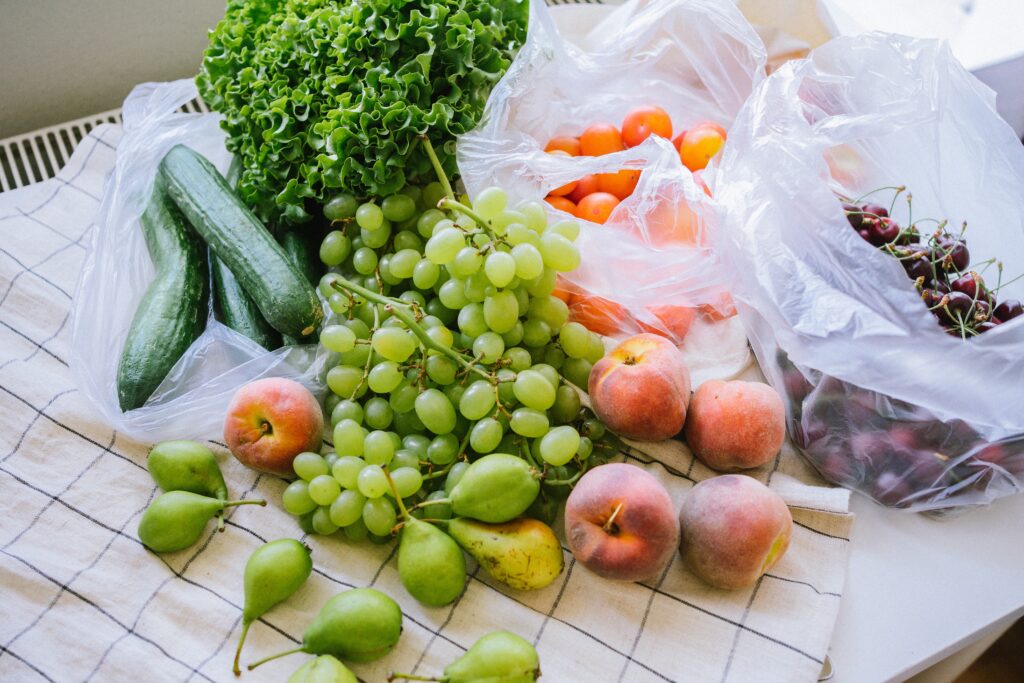The decision to be vegan is usually motivated by a rejection of the use of animals. However, veganism is not only beneficial for animals, since they are no longer consumed and/or used but there are also positive effects for people and the planet.
There are many doubts about whether being vegan is good or bad but many specialists recognize that eating a vegan diet correctly is beneficial for our bodies. There are only risks to being vegan if the diet is unbalanced and we do not worry about maintaining the supply of nutrients necessary for our body or if there is any pathology that makes it incompatible to completely dispense with meat or any of the products of animal origin.
Except for those exceptions, veganism allows-
- Reduce the risk of cardiovascular diseases.
- Reduce the risk of hypertension.
- Reduce the rate of diabetes since fewer simple carbohydrates are consumed and are replaced by complex carbohydrates such as cereals, legumes and nuts.
- Improve PMS after eliminating dairy products.
- Increase energy levels with the energy intake of fruits, vegetables, legumes and cereals.
- Reduce the probability of suffering from obesity since fat intake is lower, fewer calories are consumed and the amount of fiber (satiating element) increases through vegetables.
- Reduce the risk of cancer and brain diseases such as Alzheimer’s and Parkinson’s given that we consume more antioxidants, anthocyanin phytochemicals and carotenoids (with anti-carcinogenic effects) through fruits and vegetables and we stop ingesting toxins from animal metabolism.
- Improve the immune system.
- Lose weight but in a healthy way, without going hungry and receiving the necessary nutrients for our body.

Benefits of veganism for the environment-
- Not only the production of artificial products causes damage to the environment but the abusive use of animals also unbalances and affects nature. Therefore, by stopping consuming animals or using them to manufacture other products, we obtain beneficial effects such as these:
- The reduction of resources necessary to raise the animals, since a multitude of fruits, vegetables, water, land, etc. have to be used to feed them, as well as the energy necessary for their enclosures.
- The reduction of natural spaces or habitats destroyed to create artificial installations.
- The reduction of pollution generated by animals through their faeces and gases, as well as their remains that are not correctly collected and processed.
However, the transition to veganism is not easy and it is possible that we will find some obstacles or problems. Know them and be prepared to face them!






